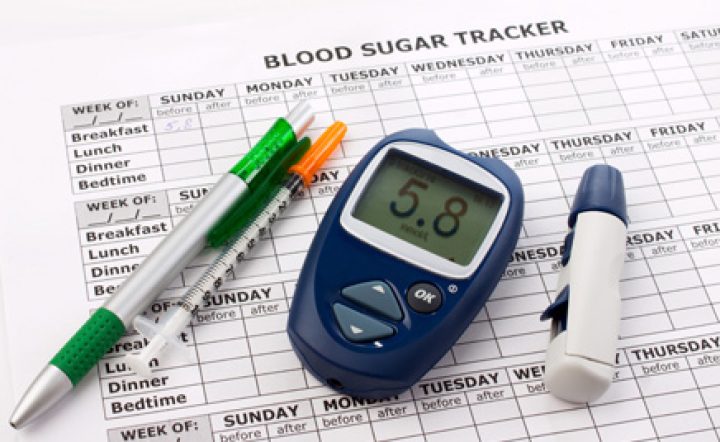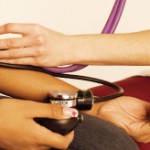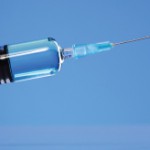What is Diabetes?
Diabetes Mellitus or “Sugar” as it is commonly known in Trinidad and Tobago, literally means “Sweet urine”. It is called this because that’s how Doctors used to diagnose it in the olden days – they would literally taste their patient’s urine. Thankfully Doctors no longer need to do this.
Diabetes Mellitus occurs when the body cannot deal with glucose or sugar the way it is supposed to, resulting in higher levels of sugar in the blood than normal.
Type 2 Diabetes
Type 2 Diabetes is very common in Trinidad and Tobago and it is the second highest cause of death.
The hormone insulin allows the cells of the organs like muscle and brain take up glucose (sugar) to be burnt as fuel (energy).
The cells of a body with Type 2 Diabetes are unable to use insulin properly. This is called insulin resistance. As glucose is not being taken up by the cells it starts building up in the blood. Insulin is produced by pancreas. To cope with this situation, the pancreas starts producing more insulin. However, over many years it becomes exhausted and can no longer produce enough Insulin and this is when people with “lifestyle” or Type 2 Diabetes start needing to be given Insulin injections.
The World Health Organization (WHO) estimates that 9% of adults worldwide have Type 2 Diabetes. In Trinidad that figure is 12-13 % and is probably an underestimate since it can take many years for people to be diagnosed. This is as it can be asymptomatic for a long time.
People with a family history of Type 2 Diabetes or who are of East Indian or Afro Caribbean descent are at increased risk, especially if they tend to put weight around their abdomen. Men with a waist line above 40 inches or 102cm or women above 34.5 inches or 88cm should definitely assume themselves to be at higher risk and get tested.
If you are unsure if you are at risk take this online test.
(Please note that in this test “South Asian” is like “East Indian”)
How is Diabetes Diagnosed?
You will need to have an early morning fasting glucose test. This means nothing to eat or drink except water from 8 hours before the test. Book Online or call 221-3983 for an appointment. There is another test called an HbA1c that can also sometimes be done without fasting.
If you are already Diabetic, there are certain tests which all people with Diabetes should have annually.
Annual Tests for Diabetic Patients
1. Kidney function:
This includes a blood test as well as a special early morning urine test to see if the kidneys are leaking microscopic bits of protein. It’s called a urine micro albuminuria test. This is important because if present the blood pressure needs to be more aggressively controlled to protect the kidneys and a special class of drug called an Ace Inhibitor should be considered to protect the kidney.
2. Blood Pressure:
The BP may even be more important in prolonging life than the blood sugar! For this reason, in people with Diabetes we are aiming for a BP of 135/85 or less. High blood pressure is 1.5-3.0 times more common in people with Diabetes and we know that tight BP control reduces the risk of death related to Diabetes and progression of kidney and eye disease.
3. Eye Test – Diabetic Eye Screen:
This is not just a test of your vision done by the optometrist. It is a special test done to look at the back of the eye, the retina with a special piece of equipment. It’s not the same thing as a quick look in the Doctor’s office with an ophthalmoscope. Pictures are sometimes taken. This is important because retinopathy can cause blindness and if picked up early enough blindness can be prevented. The pressures in your eyes should also be measured. Tight blood sugar control and blood pressure control help to prevent this.
4. Foot Check:
This is to check circulation, nerve supply and skin. In fact, if you have tingling or numbness or you feel like you are walking on cotton wool you should come in. If you get cramp in your leg when walking or at night or if you have lots of infections on your feet you should have them checked. Your Doctor will also explain to you how to check your own feet daily and give to advice on nail and foot care. If necessary, referral to a podiatrist might be appropriate.
5. HBA1c:
This test gives us an indirect idea of what your blood sugars have been doing over the last 2/3 months. It sorts of measures the number of sugar molecules attached to the red blood cells which live for 2-3 months. People with sickle cell/anaemia may not be able to use this for monitoring. More recently in can be used in some circumstances to test for Diabetes also. However, it is not suitable for diagnosing some groups like pregnant women. Most people would like to aim for an HBA1C of less than 7% but your Doctor will discuss what is appropriate for you.
7. Weight:
A 10 kg weight loss can reduce fasting glucose by up to 50% and reduces blood pressure and the bad cholesterol.
8. Smoking:
If you smoke you should seek help to stop. If you have Diabetes AND you smoke this reduces life expectancy by between 15-20 years.
9. Yearly plan:
Agreed annual plan for weight, cholesterol, BP and HBA1c.
For Diabetes Tests at Ames Medical Services, call us to Book an Appointment: +1 868 221-3983





